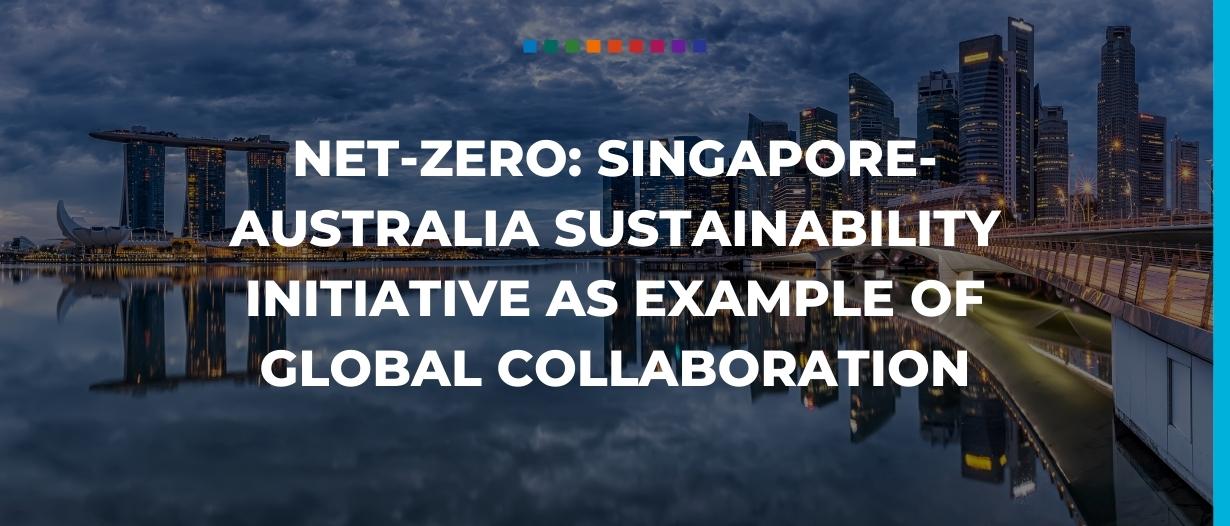Estimated reading time: 2 minutes
Singapore and Australia share longstanding economic, strategic, and people-to-people ties, underpinned by the Comprehensive Strategic Partnership.
These relations and multiple shared interests at regional and global levels have led them to work together to shape a sustainable future for the two nations through a bilateral Green Economy Agreement (GEA).
In commencing negotiations, both parties are embarking on a world-first agreement that combines trade, economic, and environmental objectives.
The GEA will deepen the bilateral partnership through economic and environmental relations while furthering engagement in existing areas of cooperation, such as the Memorandum of Understanding on cooperation in low-emissions solutions.
The vision is to enhance the livelihood of both communities whilst transitioning to greener economies and addressing the challenges of climate change.

The GEA will deliver on this vision by reducing barriers to the trade in environmental goods and services; fostering convergence on regulations and standards; exploring new opportunities in green growth sectors; adopting environmental measures that facilitate trade and investment in a manner consistent with existing international trade and investment obligations; and ensuring a smooth and inclusive transition into a green economy that creates stable employment.
This agreement highlights how technology can catalyse business and commercial opportunities, alongside how intergovernmental and public-private partnerships implement new cooperative projects.
The initiative’s practical applications will aim to accelerate the adoption of low-carbon and green technologies, low-carbon and renewable energy, and decarbonised production processes.
Industry consultations and pilot proof of concept projects will ensure the GEA supports job creation, supply chains, and market development in green sectors.
The broader aspiration for the GEA is to serve as a pathfinder that contributes to multilateral and regional policy development by establishing policies, standards, and initiatives that will not only create good jobs in green growth sectors, but also strengthen environmental governance and global capacity to address environmental issues, in particular: climate change.
The adoption of common standards and practices with high environmental integrity––while upholding a rules-based and open trading system––is the most effective way to achieve this.
Ultimately, this initiative is indicative of how effective global collaboration is in reaching net zero emissions as soon as possible.

































